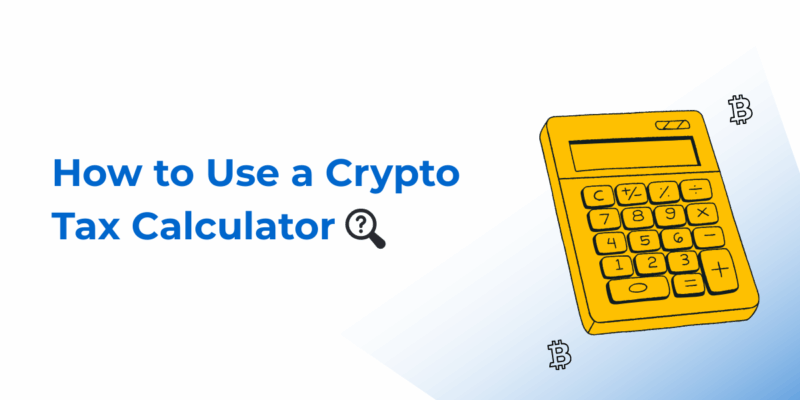The integration of digital assets into traditional financial systems represents a significant paradigm shift in the global economy. While digital assets, such as cryptocurrencies and tokenized securities, were initially viewed as disruptors to traditional finance, they are increasingly being recognized for their potential to enhance efficiency, transparency, and inclusivity within financial markets. Digital assets attract many beginner investors but they have a risk face as well! Register at Immediate Nextgen to learn to invest and level up!
Understanding Digital Assets
Digital assets encompass a broad spectrum of assets that exist in digital form and are secured using cryptographic techniques. The most well-known digital asset is Bitcoin, which introduced the concept of decentralized peer-to-peer transactions through blockchain technology. Since Bitcoin’s inception, thousands of digital assets have been created, each serving different purposes and functionalities.
The Enhancement of Traditional Finance
Traditional financial systems, rooted in centralized institutions like banks, stock exchanges, and regulatory bodies, have long dominated global markets. These systems rely on intermediaries to facilitate transactions, ensure compliance with regulations, and maintain financial stability. While effective, traditional finance is often criticized for its inefficiencies, high costs, and limited accessibility, especially for underserved populations.
Opportunities for Integration
Integrating digital assets into traditional financial systems presents several opportunities that can transform the way financial services are delivered and consumed:
Efficiency and Cost Reduction
Blockchain technology, the underlying infrastructure of most digital assets, offers significant efficiency gains by streamlining processes, reducing transaction times, and eliminating intermediaries. This can lead to lower transaction costs for individuals and businesses, particularly in cross-border transactions and remittances.
Financial Inclusion
Digital assets have the potential to expand financial inclusion by providing access to financial services for underserved populations.

Cryptocurrencies, for example, enable individuals without access to traditional banking services to participate in global economic activities and store value securely.
Transparency and Security
Blockchain’s decentralized and immutable ledger provides enhanced transparency and security compared to traditional financial systems. Transactions recorded on the blockchain are tamper-proof, reducing the risk of fraud, corruption, and data manipulation.
Innovation in Financial Products
The integration of digital assets has spurred innovation in financial products and services. Tokenization allows traditional assets, such as real estate and commodities, to be represented digitally, enabling fractional ownership, liquidity improvements, and new investment opportunities.
Challenges in Integration
Despite the opportunities, integrating digital assets into traditional financial systems poses several challenges that need to be addressed:
Regulatory Uncertainty
Regulatory frameworks for digital assets vary widely across jurisdictions and are often evolving. Regulatory uncertainty can create barriers to adoption as businesses and investors navigate compliance requirements and legal risks.
Risk Management
Digital assets are subject to high volatility and cybersecurity risks, including theft and hacking.

Effective risk management strategies are essential to protect investors and maintain market stability.
Scalability
Blockchain networks, particularly those using Proof-of-Work (PoW) consensus mechanisms like Bitcoin, face scalability challenges, limiting their capacity to process a large number of transactions quickly and cost-effectively.
Public Perception and Trust
Digital assets, particularly cryptocurrencies, have faced skepticism and regulatory scrutiny due to concerns about their association with illicit activities, market manipulation, and environmental impact (in the case of energy-intensive mining operations).
Implementing Integration Strategies
Successful integration of digital assets into traditional financial systems requires collaborative efforts among stakeholders, including regulators, financial institutions, technology providers, and investors. Key strategies include:
Collaboration with Regulators
Engaging with regulators to establish clear and consistent regulatory frameworks that promote innovation while safeguarding investor protection and market integrity.
Enhanced Infrastructure
Investing in scalable blockchain infrastructure and interoperability solutions to support increased transaction volumes and accommodate diverse use cases across financial services.
Education and Awareness
Educating stakeholders, including investors and the general public, about the benefits, risks, and proper use of digital assets to foster broader acceptance and adoption.
Partnerships and Innovation
Fostering partnerships between traditional financial institutions and fintech companies to develop innovative financial products and services that leverage the capabilities of digital assets.
Future Outlook
The future of integrating digital assets into traditional financial systems looks promising, driven by ongoing technological advancements, evolving regulatory landscapes, and growing institutional interest. As blockchain technology matures and becomes more widely adopted, digital assets are expected to play an increasingly significant role in reshaping financial markets, enhancing efficiency, and promoting financial inclusion globally.
Conclusion
Integrating digital assets into traditional financial systems represents a transformative opportunity to address long-standing inefficiencies and expand access to financial services worldwide. While challenges such as regulatory uncertainty and scalability must be overcome, the potential benefits—including increased efficiency, transparency, and innovation—justify continued efforts to integrate digital assets into mainstream finance. By fostering collaboration, investing in infrastructure, and promoting responsible adoption, stakeholders can pave the way for a more inclusive and resilient financial ecosystem that harnesses the full potential of digital assets for the benefit of society as a whole.













